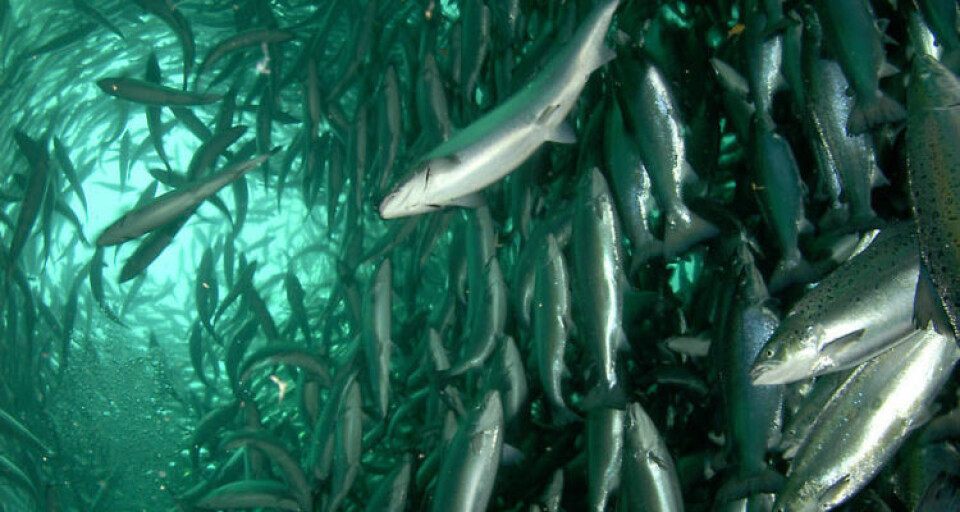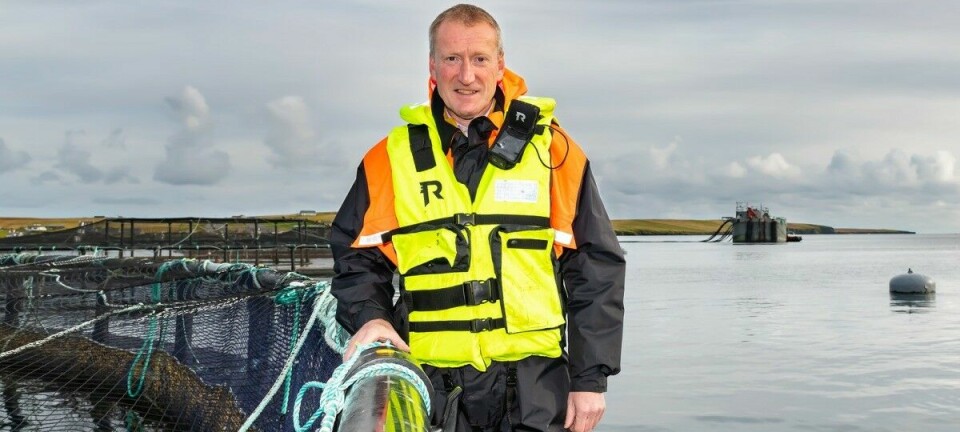
Exercise not a one-size-fits-all benefit for salmon
Scientists have discovered that exercise influences the expression of genes related to the immune response of Atlantic salmon.
It has previously been shown that exercise before transfer to sea is important to promote growth, health and survival since aerobic exercise and swimming performance are associated with better protection against infections and non-infectious stressors that can cause mortality. The training of juveniles at the freshwater parr stage could, therefore, improve the welfare, efficiency and profitability of salmon farming at sea; however, genetic variation is likely to affect the response to exercise.
Genetic study
In a new study conducted by Nofima and the University of Melbourne, scientists conducted a study to elucidate genetic changes and differences in cardiac gene expression patterns associated with aerobic exercise and swimming performance in order to develop indicators in parr that can improve the mechanisms that lead to greater robustness.
To do this, the researchers selected two Norwegian strains of Atlantic salmon, the wild "Lærdal" salmon and the domesticated "Bolaks" salmon.
The fish of both populations were similarly cultured under standard conditions and fed the same diet up to 25 grams, until the start of the trial.
Superior swimmers
After swim tests to select the top 20% "superior" swimmers and bottom 20% "inferior" swimmers, the swimming performance of the chosen fish was evaluated by subjecting the fish to intense exercise tests or controlled conditions for 18 days. After this phase, the experts took samples of the heart to examine the gene expression.
In their results, the authors found a lower expression of genes that modulate the immune function in Bolaks fish and that these also had less phenotypic plasticity in response to training.
Complex response
In contrast, the "inferior" swimmers of the Lærdal strain had a relatively higher expression of genes related to metabolism, stress and immune response after controlled exercise than after intense training.
In conclusion, the scientists said that the genetic response to training is complex and depends on the origin of the fish and their swimming capacity.
They added: "More research into the relationship between exercise, cardiovascular gene expression and immune function is needed so that exercise regimes can be tailored in a way that benefits survival and performance in the aquaculture environment."
Read the full paper here.




















































